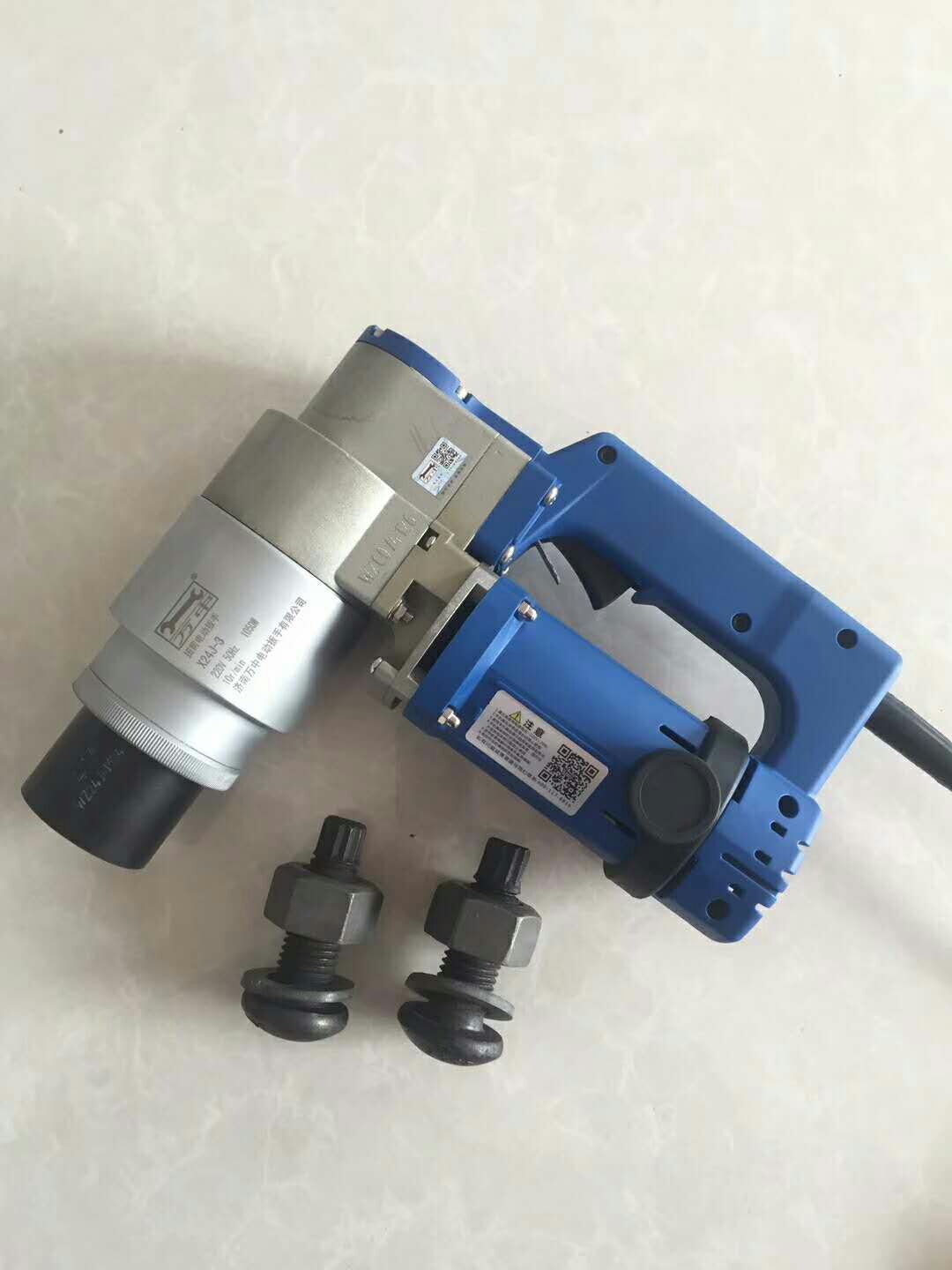螺栓检测分为人工和机器两种。人工是原始也是使用为普遍的一致检测方式。为了尽量减少不良品的流出,一般生产企业人员通过目视的方式对待包装或者发货的产品进行检验,以排除不好品(不好包括牙伤、混料、生锈等)。
Bolt detection is divided into manual and machine. Manual is the original and common way of consistent detection. In order to reduce the outflow of defective products as much as possible, the general production enterprise personnel visually inspect the packaged or delivered products to eliminate the defective products (including tooth injury, mixing, rust, etc.).
另一种方式为机器全自动检测,主要是磁粉探伤。磁粉探伤是利用螺栓缺陷处的漏磁场与磁粉的相互作用,针对螺栓可能存在的缺陷(如裂纹,夹渣,混料等)磁导率和钢铁磁导率的差异,磁化后这些材料不连续处的磁场将发生崎变,形成部分磁通泄漏处工件表面产生了漏磁场。
Another way is automatic machine testing, mainly magnetic particle testing. Magnetic particle inspection is based on the interaction of magnetic flux leakage field and magnetic powder at the defect of bolt. In view of the difference between the permeability of the defect (such as crack, slag inclusion, mixture, etc.) and the permeability of steel, the magnetic field at the discontinuity of these materials will change after magnetization, forming part of the magnetic flux leakage on the workpiece surface.
从而吸引磁粉形成缺陷处的磁粉堆积——磁痕,在适当的光照条件下,显现出缺陷位置和形状,对这些磁粉的堆积加以观察和解释,已达到剔除不好品的目的
So as to attract the magnetic powder to form the magnetic powder accumulation at the defect, the magnetic mark, and show the position and shape of the defect under the appropriate light conditions. By observing and explaining the accumulation of these magnetic powder, the purpose of eliminating the bad products has been achieved
